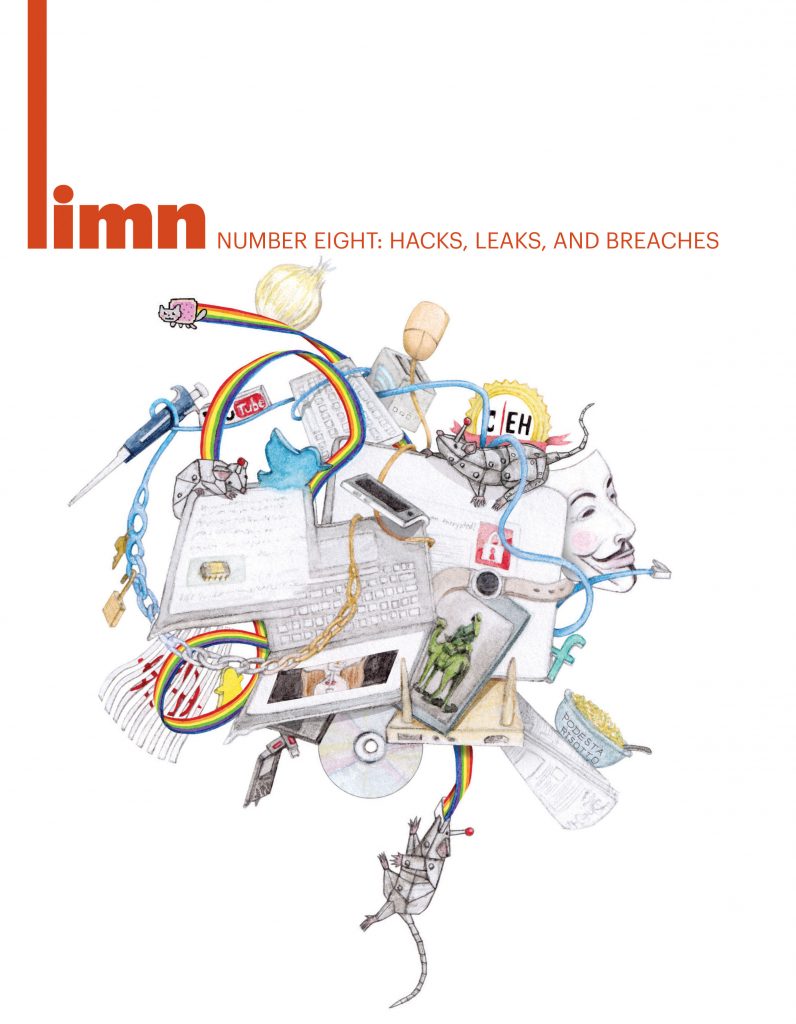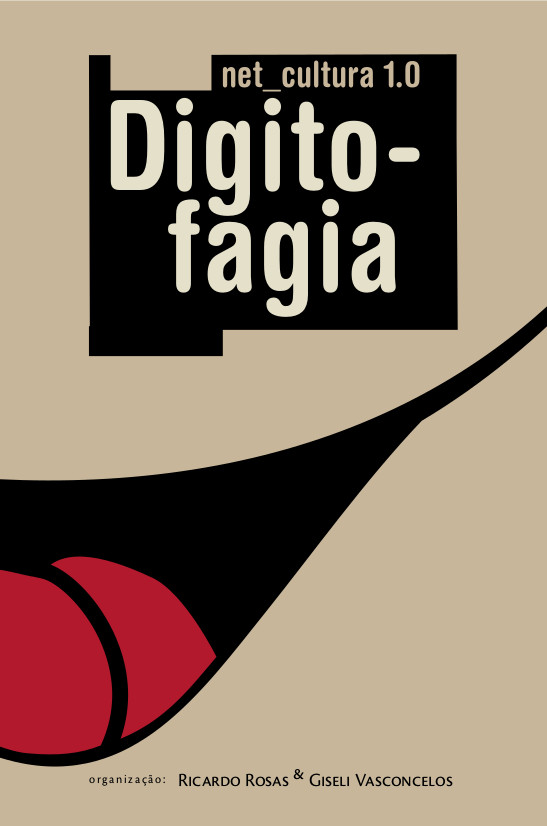Michael Hardt, Antonio Negri: Assembly (2017)
Filed under book | Tags: · activism, assembly, autonomy, colonialism, commons, democracy, entrepreneurship, finance, labour, multitude, neoliberalism, organization, politics, protest, social movements, subjectivity

“In recent years ‘leaderless’ social movements have proliferated around the globe, from North Africa and the Middle East to Europe, the Americas, and East Asia. Some of these movements have led to impressive gains: the toppling of authoritarian leaders, the furthering of progressive policy, and checks on repressive state forces. They have also been, at times, derided by journalists and political analysts as disorganized and ineffectual, or suppressed by disoriented and perplexed police forces and governments who fail to effectively engage them. Activists, too, struggle to harness the potential of these horizontal movements. Why have the movements, which address the needs and desires of so many, not been able to achieve lasting change and create a new, more democratic and just society? Some people assume that if only social movements could find new leaders they would return to their earlier glory. Where, they ask, are the new Martin Luther Kings, Rudi Dutschkes, and Stephen Bikos?
With the rise of right-wing political parties in many countries, the question of how to organize democratically and effectively has become increasingly urgent. Although today’s leaderless political organizations are not sufficient, a return to traditional, centralized forms of political leadership is neither desirable nor possible. Instead, as Michael Hardt and Antonio Negri argue, familiar roles must be reversed: leaders should be responsible for short-term, tactical action, but it is the multitude that must drive strategy. In other words, if these new social movements are to achieve meaningful revolution, they must invent effective modes of assembly and decision-making structures that rely on the broadest democratic base. Drawing on ideas developed through their well-known Empire trilogy, Hardt and Negri have produced, in Assembly, a timely proposal for how current large-scale horizontal movements can develop the capacities for political strategy and decision-making to effect lasting and democratic change. We have not yet seen what is possible when the multitude assembles.”
Publisher Oxford University Press, 2017
Heretical Thought series
ISBN 9780190677961, 0190677961
xxii+346 pages
Reviews: Publishers Weekly (2017), Christian Fuchs (triple-C, 2017).
Comment (0)Limn, 8: Hacks, Leaks, and Breaches (2017)
Filed under magazine | Tags: · activism, hacking, hacktivism, information warfare, leaking, politics, security

“Hardly a day passes without news of a major hack, leak, or breach; with the scale of computer use and reliance on digital forms of data, no sector of society is immune to these data dumps, infiltrations, and floods. From the surveillance of dissidents to the hacking of elections to the weaponization of memes, hacking is changing in character, and it is changing the world. In this issue we ask whether hacking and hacks have crossed a techno-political threshold: how are hacks, leaks and breaches transforming our world, creating new collectives, and changing our understanding of security and politics. How has the relationship of hacking and hackers to their own collectives, to governments, and to the tools and techniques been transformed recently? What does it mean to be a hacker these days, and how does it differ from engineering, from “cyber-security,” from information warfare or from hacktivism?”
Contributors: Claudio Guanieri, Nils Gilman, Jesse Goldhammer, Steve Weber, Finn Brunton, Matthew Jones, Molly Sauter, Rebecca Slayton, Matthew Goerzen, Adam Fish, Luca Follis, Mustafa Al-Bassam, Sarah Tochetti, Paula Bialski, E. Gabriella Coleman, Robert Tynes, Philip Di Salvo, Sarah Myers West, Ashley Gorham, Joan Donovan, Goetz Bachmann, Tor Ekeland, David Murakami-Wood, Kim Zetter. With science fiction by Cory Doctorow.
Edited by E. Gabriella Coleman and Christopher M. Kelty
Published Feb-Mar 2017
Creative Commons BY-SA 3.0 Unported License
HTML (updated on 2019-7-8)
Comment (0)Ricardo Rosas, Giseli Vasconcelos (eds.): net_cultura 1.0: Digitofagia (2006) [BR-PT]
Filed under book | Tags: · activism, anthropophagy, art, brazil, cyberfeminism, digital culture, hacktivism, media activism, politics, tactical media, technology, web

A collection of essays contextualizing actions and initiatives in Brazil’s net culture and hacktivism, edited by the late Ricardo Rosas and Giseli Vasconcelos and coming out of their experience creating Festival Digitofagia in 2004.
“Digitofagia é resultado de um processo coletivo de pensamento gerado durante a concepção, planejamento e realização de um festival de mídia tática, no Rio de Janeiro e em São Paulo, no ano de 2004, que discutiu, entre outras coisas, a necessidade urgente de “abrasileirar” práticas de mídia-ativismo que até então eram teorizadas, praticadas e planejadas sob a influência de teorias e práticas aparentemente alheias ao contexto brasileiro.
A concepção de Digitofagia foi pensar uma pratica antropofágica que se reatualiza no contexto da cultura digital, reabastecendo seu viés libertário. Para tanto, abraçar práticas espontâneas na cultura contemporânea brasileira, como a pirataria, os camelôs e a gambiarra, seria, quem sabe, formas de trazer a mídia tática para um campo mais familiar e mais cotidiano aos praticantes, teóricos e activistas brasileiros. Afinal, a própria cultura brasileira é um codigo (em) aberto.”
“Composto por 35 textos de escritores, ativistas, pesquisadores, acadêmicos e artistas preocupados com os caminhos do ativismo político-artístico nos tempos da globalização digital, Digitofagia é fruto da inesgotável energia e alegria de Ricardo Rosas (1969-2007), que primeiro pensou e organizou, ao lado de Giseli Vasconcelos, os textos selecionados para este volume.”
Publisher Radical Livros, São Paulo, with Sarai/CSDS, Delhi, and Waag Society, Amsterdam, 2006
Creative Commons BY-SA-NC 2.5 Brazil
ISBN 8598600048, 9788598600048
347 pages
Commentary: Paul Keller (2009), Geert Lovink (2009).
Comment (0)
